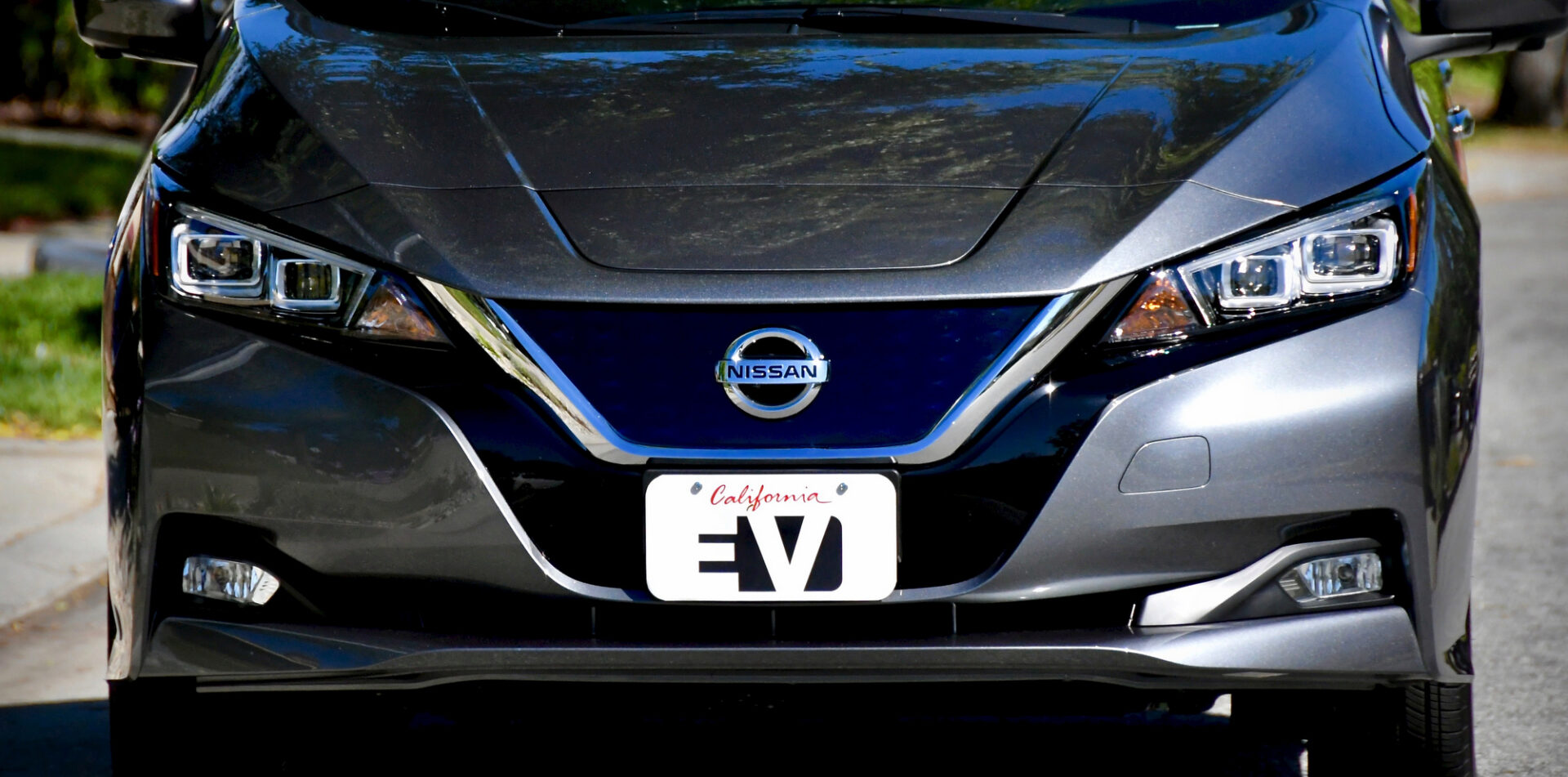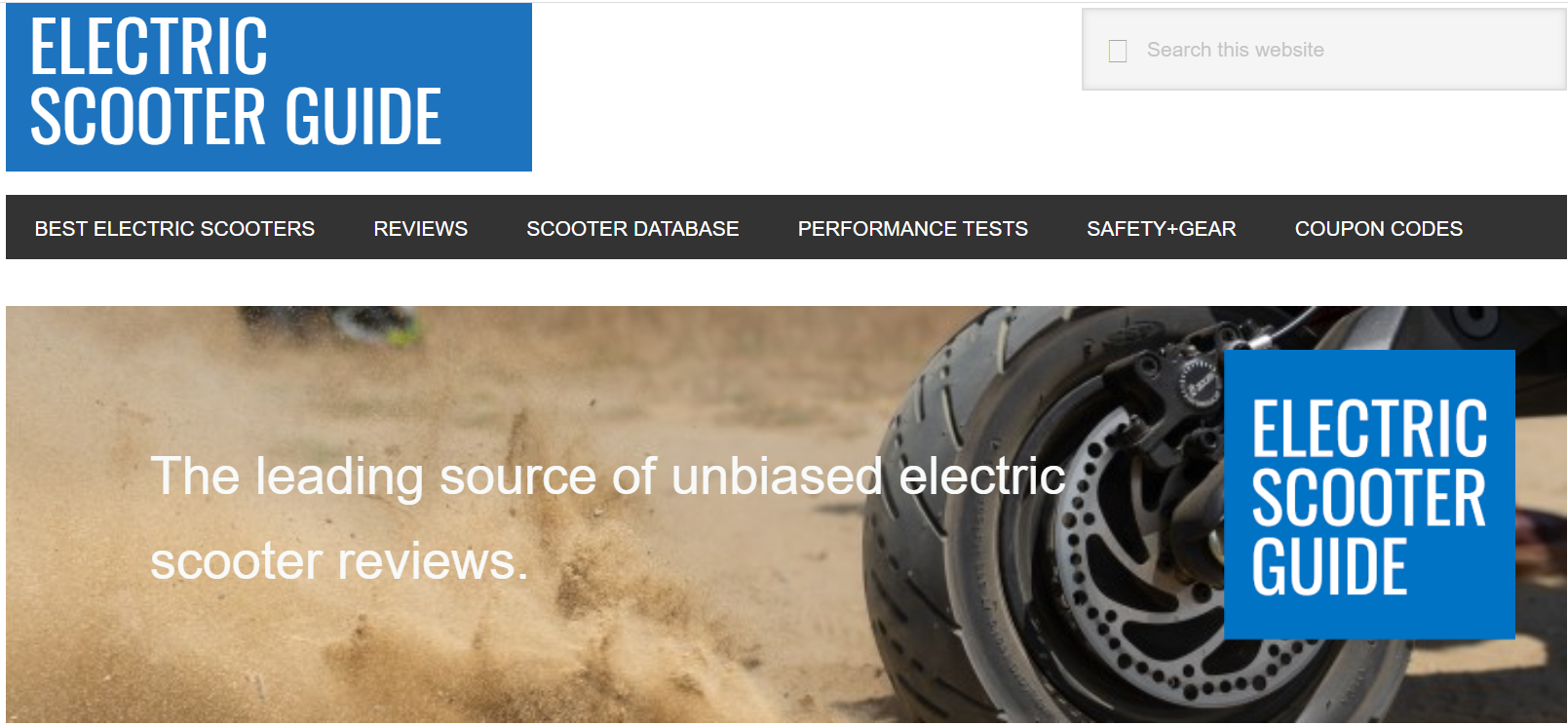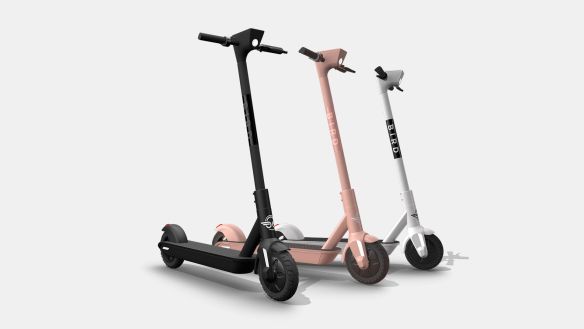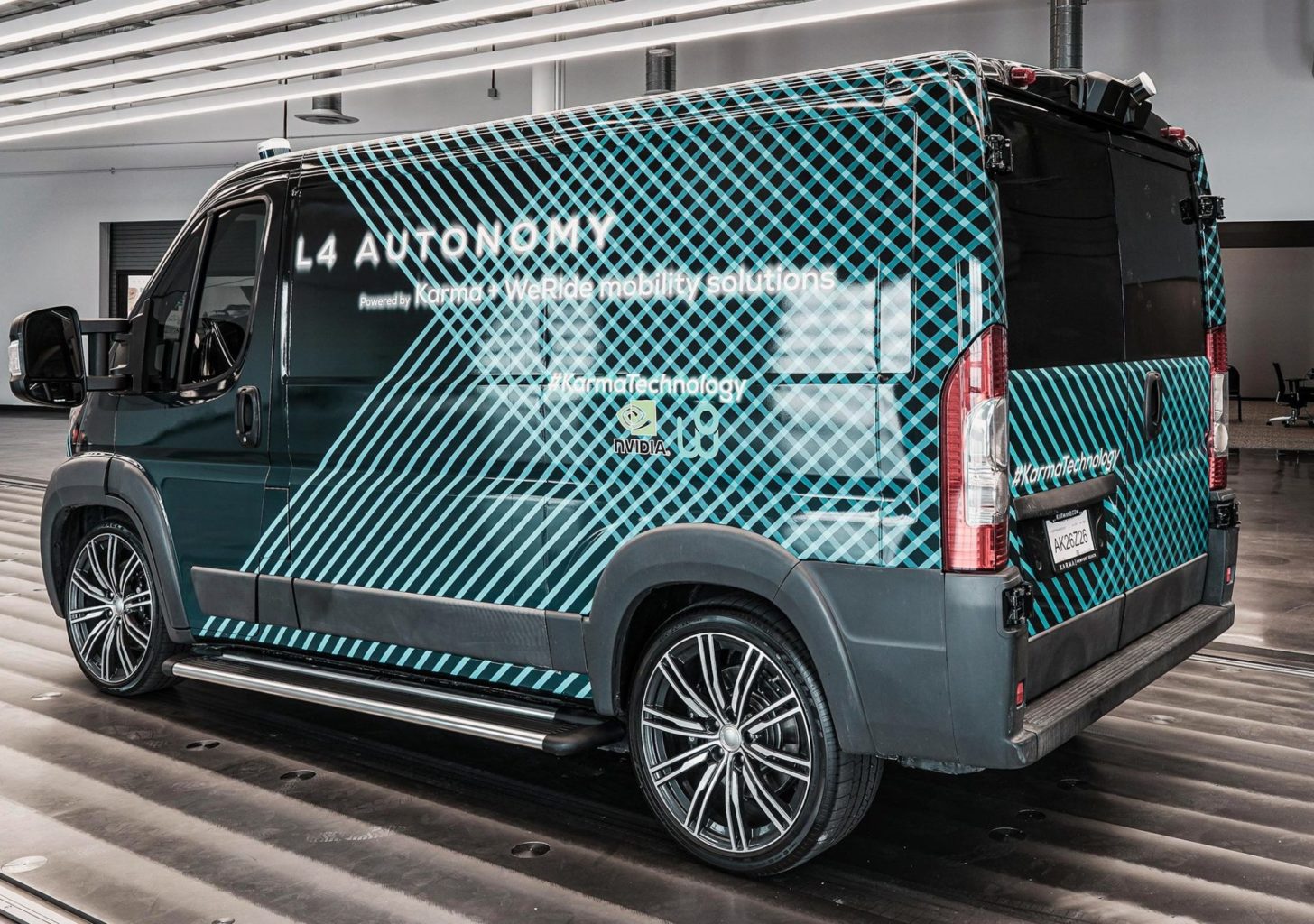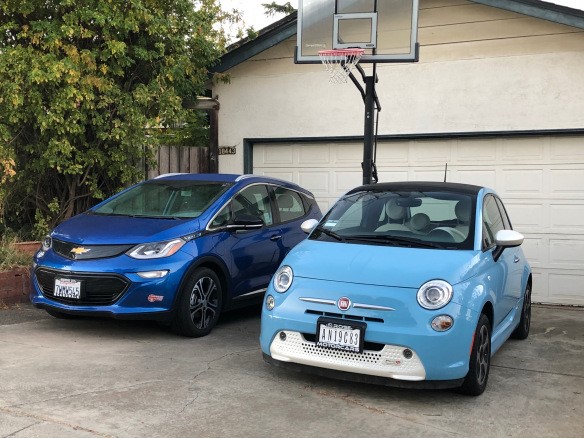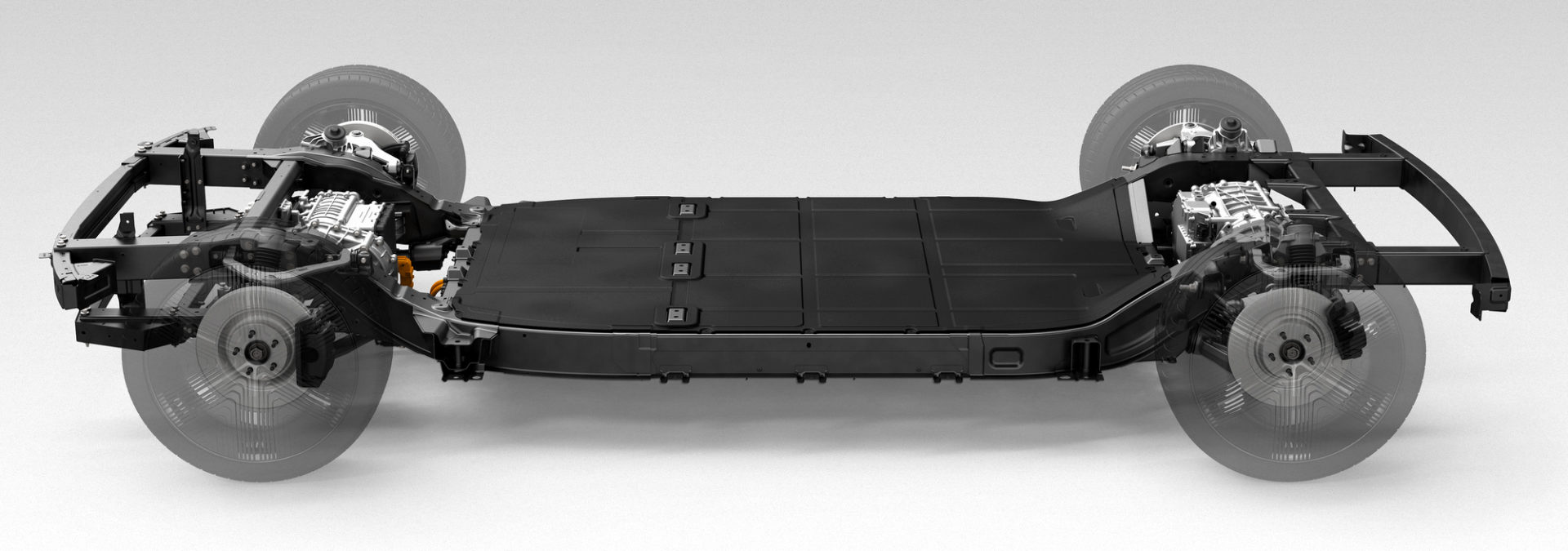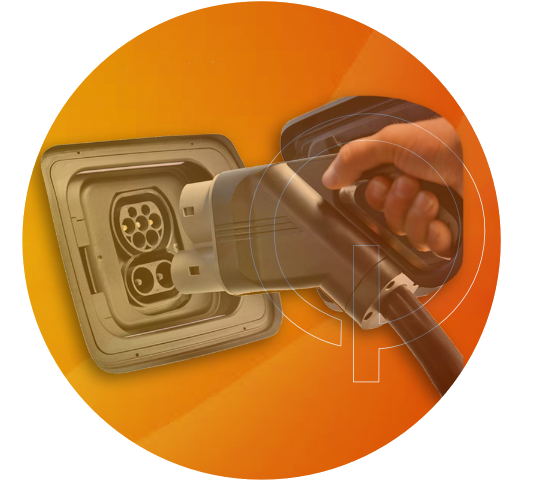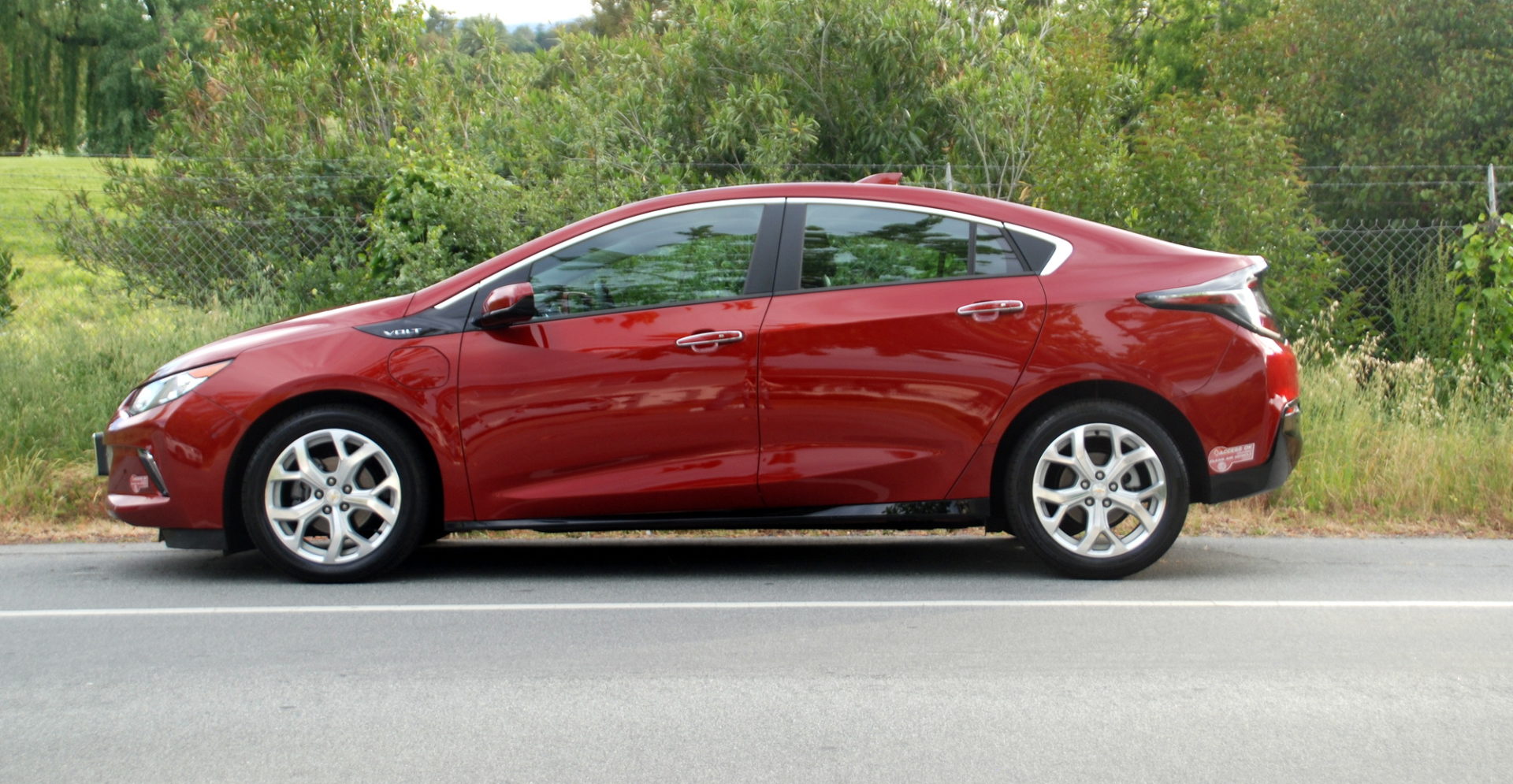News: New Service Aims To Help EV Buyers
EV Life, which has received a financial boost from the state of California, is an online EV buying platform to help these new buyers shop for EVs, learn about home charging options, calculate range for trips, personalize EV incentives and get concierge buying support through a concise but simple buying service.

